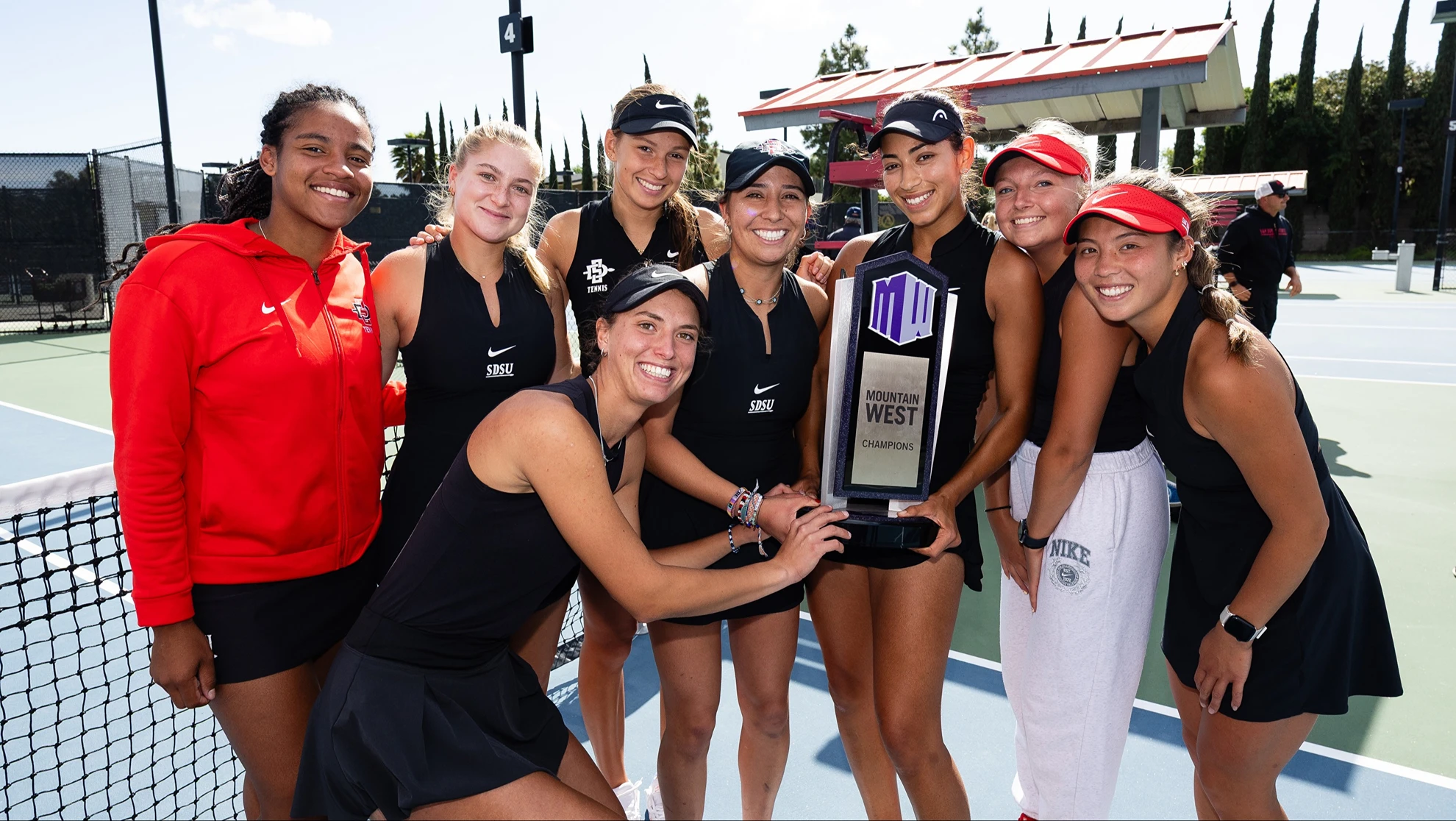We Are Here: Q&A with Virginia Loh-Hagan
The inaugural director of the APIDA Resource Center aims to build a connected and supported community on campus.

Virginia Loh-Hagan’s drive to build a connected Asian Pacific Islander Desi American (APIDA) community at San Diego State University is fueled by her high energy and her big dreams.
In addition to being the founding leader of the APIDA Employee Resource Group (ERG), she is also the inaugural director of the APIDA Resource Center, a newly opened center on campus that aims to facilitate the academic and personal success of APIDA-identified students by providing relevant programming, resources, and services to help them achieve success.
Loh-Hagan discussed what motivates her to engage with APIDA faculty, staff and students, and the importance of a connected and supported APIDA community on campus.
You were a founding leader of the SDSU APIDA Employee Resource Group. Why did you feel it was important to establish this group of faculty and staff members?
Working in education, we are naturally inclined to serve our students; sometimes, this means we don’t take the time to serve ourselves. The SDSU APIDA ERG provides a space for APIDA-identified faculty and staff to be in community, to network, and to support each other. Personally, I was craving more fellowship and solidarity with others who also identify as APIDA. We are a strong, vibrant, thriving group of people at SDSU and through the ERG, we can strategize to be heard and seen. In addition, we have tons of fun together — not just as an APIDA ERG but also as a larger ERG community. I have met more people than I normally would’ve thanks to the ERG.
SDSU places high importance on the values of diversity, equity and inclusion. Why are these values important to you as a person and educator?
As a woman of color, I am very aware of issues of power and privilege. In this way, everything we do is racialized and/or sexualized. We cannot continue to advance as a society if any groups are being oppressed. I strive to be a better person and a better educator - in order to do that, I must embrace diversity, equity, and inclusion. Our SDSU community is diverse and our students deserve to have an equitable and just learning experience. Education is the key to combating racism and supremacy. Together, we can do better!
As the inaugural director of the APIDA Resource Center, what inspires you to do this important work day in and day out?
For many APIDA students, faculty, and staff, the APIDA Resource Center offers a sense of home, belonging, and community. In addition to providing support and resources, we are a center for joy, love, and thrivance. Knowing that students, faculty, and staff will benefit from our space in a way that is meaningful to them is what inspires me every day. I love seeing our students shine and hearing their stories.
The APIDA Resource Center connects students, faculty, and staff on so many levels — academically, socially and politically. Why is building a connected APIDA community important on campus?
A connected APIDA community means solidarity. It means we have the strength to fight against injustice and the strength to fight for justice. It means we can work together to obtain funding and resources. It means we can take joy in our shared histories and heritages. It means we are not alone. These are especially troubling times given the escalating anti-Asian hate and knowing that we are connected as an APIDA community provides safety and support.
What excites you most about the APIDA Resource Center and Employee Resource Group and its work moving forward?
I look forward to meeting more APIDA folks and to learning more about our history and heritage. We have provided a lot of programming this past year and plan on providing more — there’s just so much to learn and I’m hungry for that knowledge. The APIDA community has played a strong role in U.S. narrative and yet, we continue to be ignored and marginalized. With the APIDA Center and ERG groups, we are creating a strong presence on campus and beyond. We are here!



